Search

News & Events
Long-term The Kids Research Institute Australia researchers honoured by prestigious AcademyProfessors Carol Bower & Steve Zubrick have been inducted as new Fellows to the prestigious Australian Academy of Health and Medical Sciences.
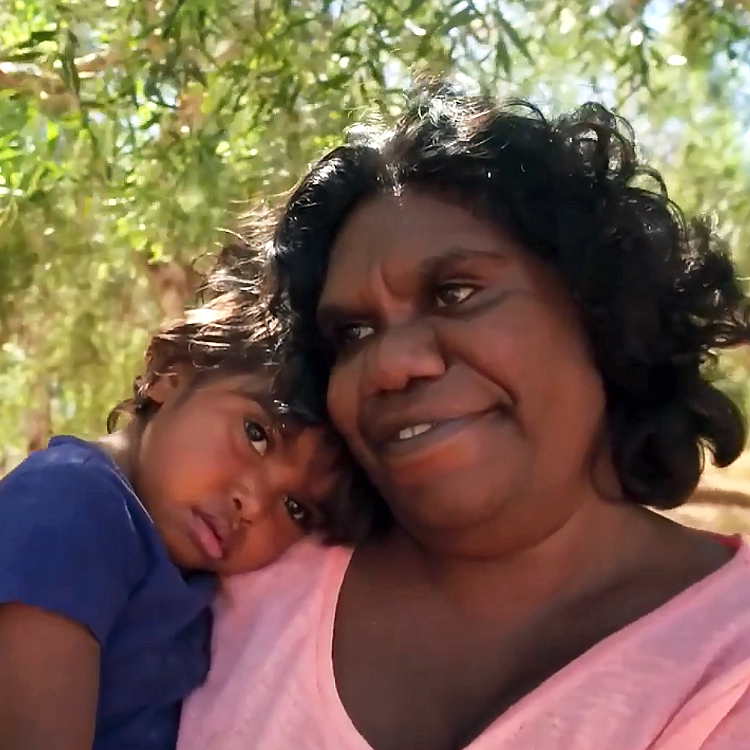
News & Events
Making FASD History in the Pilbara: celebrating International FASD Awareness DayTo mark International FASD Awareness Day, The Kids will launch a series of health promotion videos that feature local Aboriginal community members.
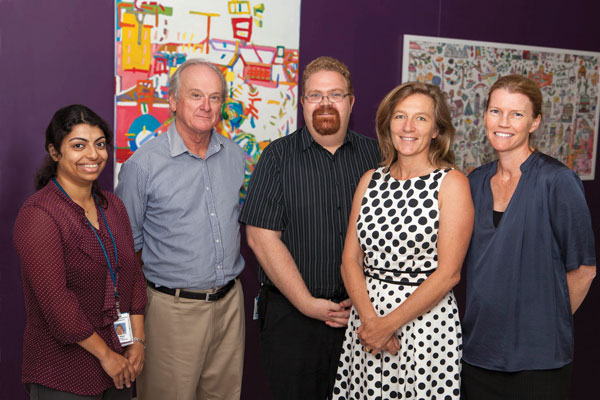
News & Events
High hopes for preventing lowsResearchers led by the team at the Children’s Diabetes Centre at The Kids have taken a key step to a fully automated closed-loop insulin delivery system.
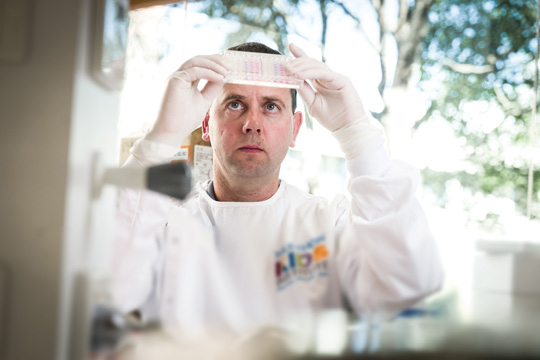
News & Events
Researchers unlock potential new cancer weaponIn an exciting breakthrough for cancer treatment, a new weapon to enable the immune system to combat the disease may have been unlocked.
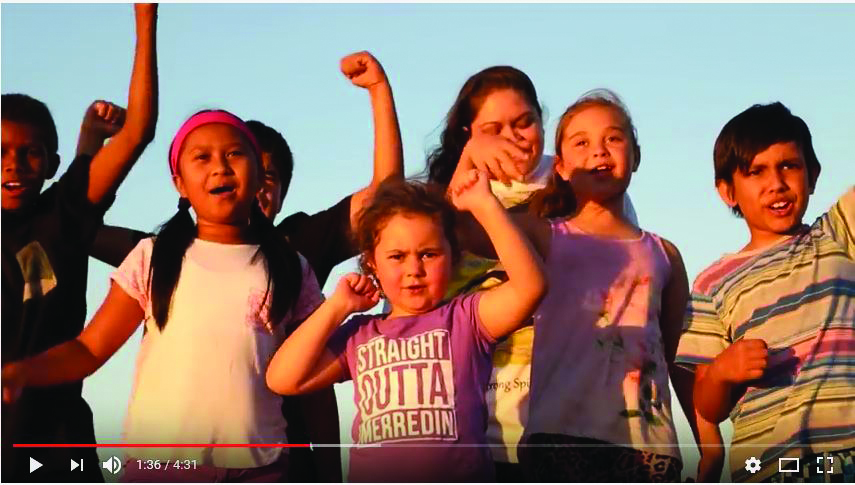
News & Events
Program aims to stop skin infections in their tracksAn innovative program set to run for about two and a half years aims to halve the number of children affected by skin infections.
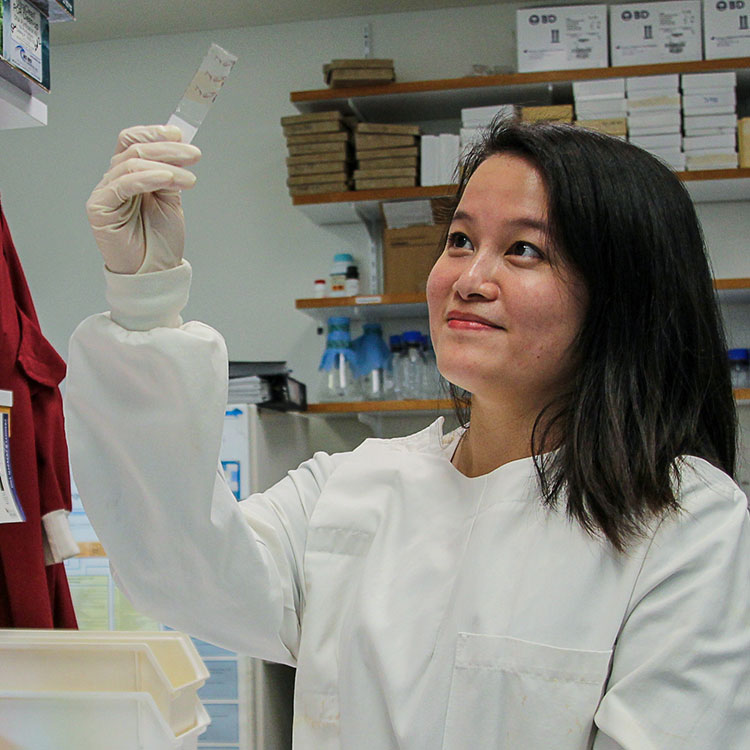
News & Events
State Government boost for The Kids researchThe Kids Research Institute Australia researchers have been awarded five of eight State Government awards designed to help cover the hidden costs of conducting research.
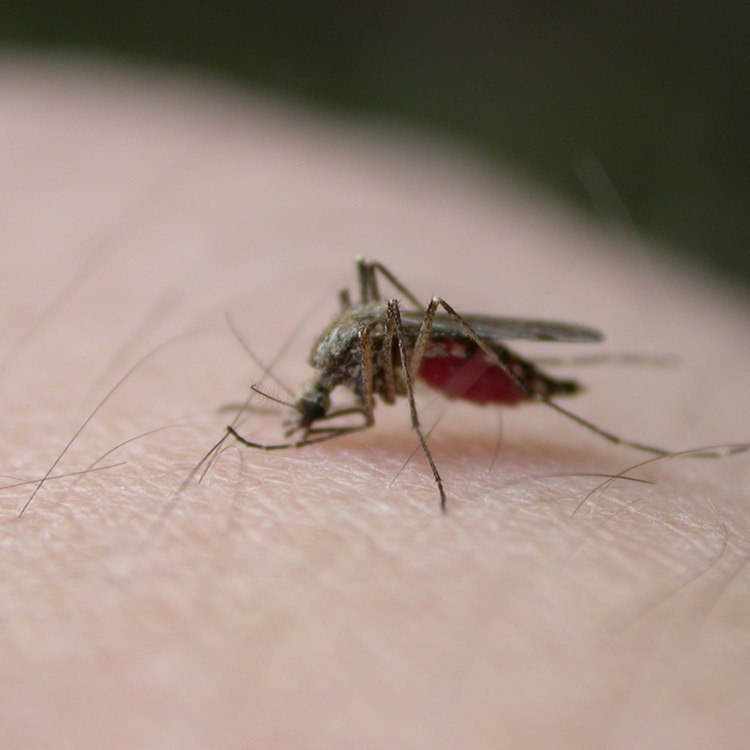
News & Events
Zika threat leads to Australian-first microcephaly studyWA Researchers have conducted an Australian-first study to determine the prevalence of microcephaly, in preparation of any future outbreak of the Zika virus.

News & Events
Autism researcher named 40 under 40 finalistAndrew Whitehouse has been listed in the WA Business News 40 under 40 awards recognising accomplished and dynamic young leaders in Western Australia.
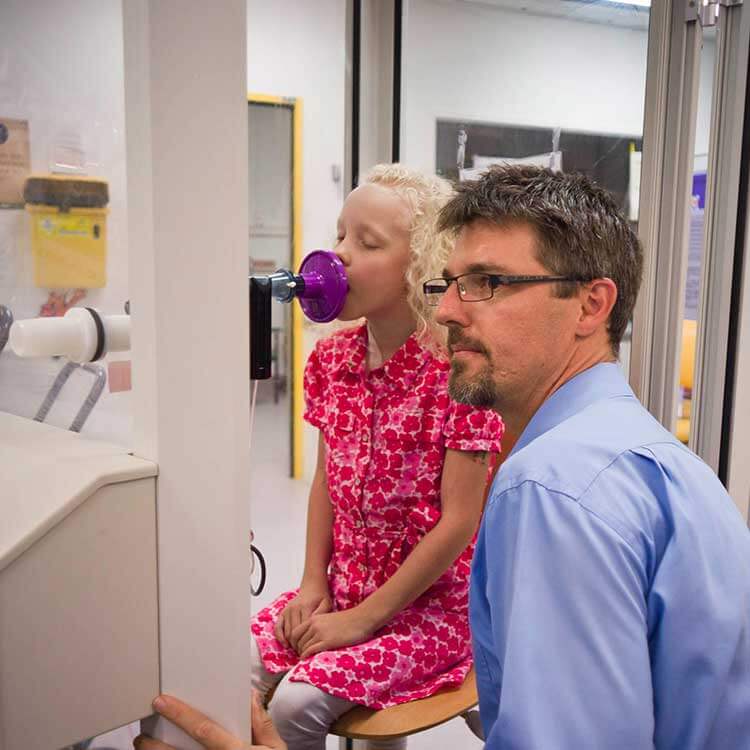
News & Events
Lung problems continue into childhood for premmie babiesNew research from Perth’s The Kids Research Institute Australia shows that babies born premature continue to have lung problems well into childhood.

News & Events
Premature babies at greater risk of childhood infectionNew research has found children who are born even slightly premature or underweight are more likely to be hospitalised with an infection during their childhood
